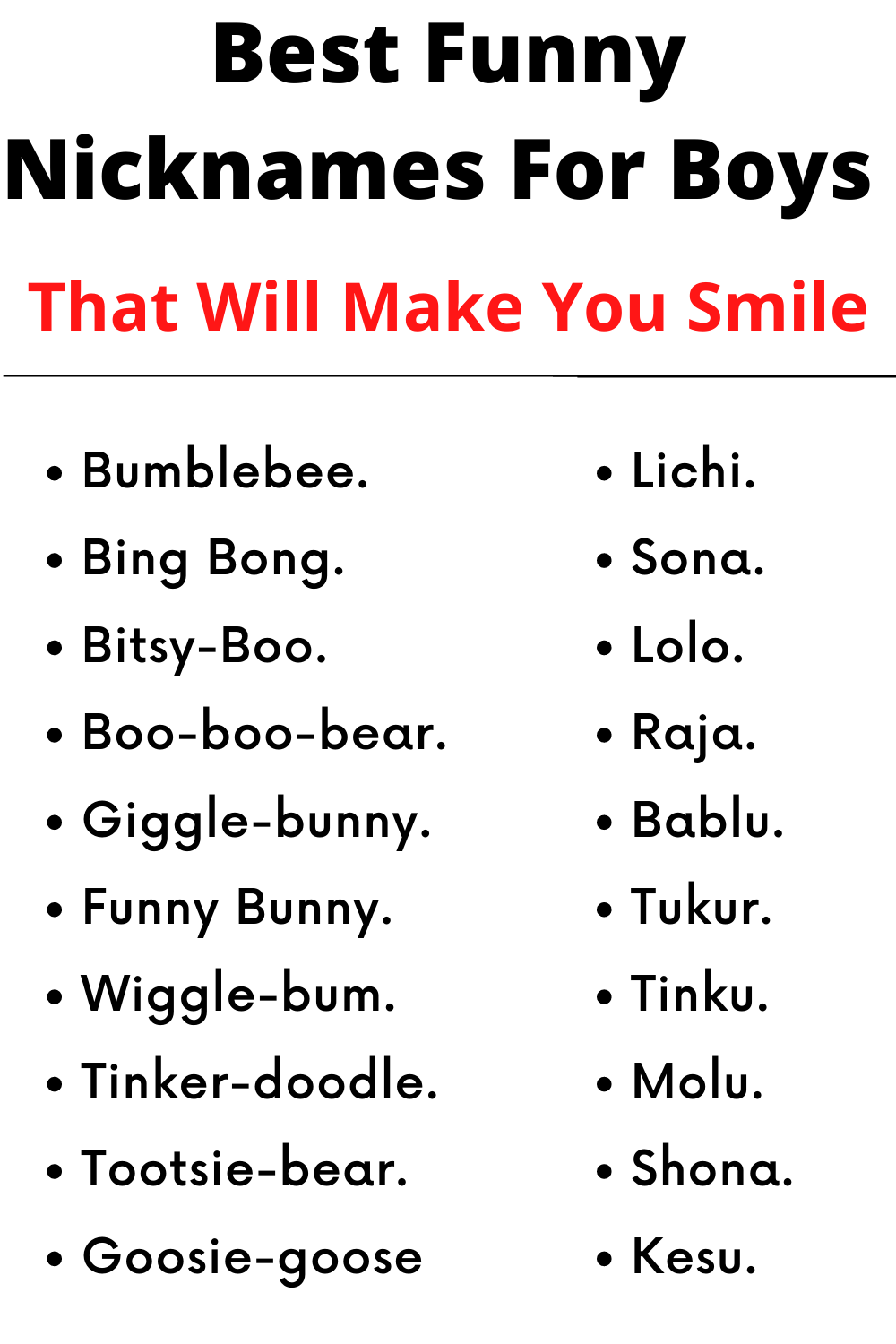In the intricate tapestry of street culture, where social norms and traditions govern daily life, nicknames hold a place of unique significance. These monikers, often bestowed upon kids by their peers, transcend mere words; they become emblems of identity, reflecting personal traits, aspirations, and the complex dynamics of street life. Understanding why kids get nicknames on the streets not only illuminates the culture itself but also sheds light on the social and psychological factors that shape their lives.

Image: k0nem.blogspot.com
Nicknames in street culture serve a multifaceted purpose. First and foremost, they offer a sense of belonging to a tight-knit community. When individuals receive nicknames, they are effectively becoming part of an urban tribe with shared experiences, values, and aspirations. These nicknames often mirror the camaraderie and familiarity that characterize street life, fostering a sense of brotherhood amidst the challenges and uncertainties of urban existence.
Moreover, nicknames in street settings frequently encapsulate an individual’s distinctive qualities. Whether it’s a witty play on their name, referencing physical attributes, or highlighting a specific talent, street nicknames often serve as shorthand for personalities. In doing so, they simplify identification and communication, while simultaneously lending an aura of mystique and coolness.
History, current events, and pop culture also play a role in shaping street nicknames. Kids might adopt monikers inspired by influential figures, characters from popular media, or events that have shaped their city’s landscape. These nicknames pay homage to sources of inspiration, expressing admiration, a shared sense of history, or even rebellion.
Beyond their cultural significance, street nicknames also have social and psychological implications. For some kids, a nickname can provide a refuge from personal insecurities or family dynamics, representing a persona that differs from their given name. In other instances, it might affirm positive traits, serving as a constant reminder of their strengths.
However, it’s important to recognize that street nicknames aren’t universally embraced. For some kids, they might become an undesirable extension of themselves. It’s therefore essential to respect individual preferences, understanding that nicknames hold varying levels of value to different people.
The practice of bestowing nicknames on kids in street culture is a complex and fascinating phenomenon, intertwining social, psychological, and cultural elements. It’s a testament to the unique characteristics of street cultures, where bonds of camaraderie are deeply intertwined with the nuances of individual identity. While they might often seem frivolous or fleeting, street nicknames are powerful social markers that enrich the lives of kids navigating the intricacies of urban existence.

Image: www.commonsenseevaluation.com
Why Do You Think Kids Get Nicknames On The Streets

